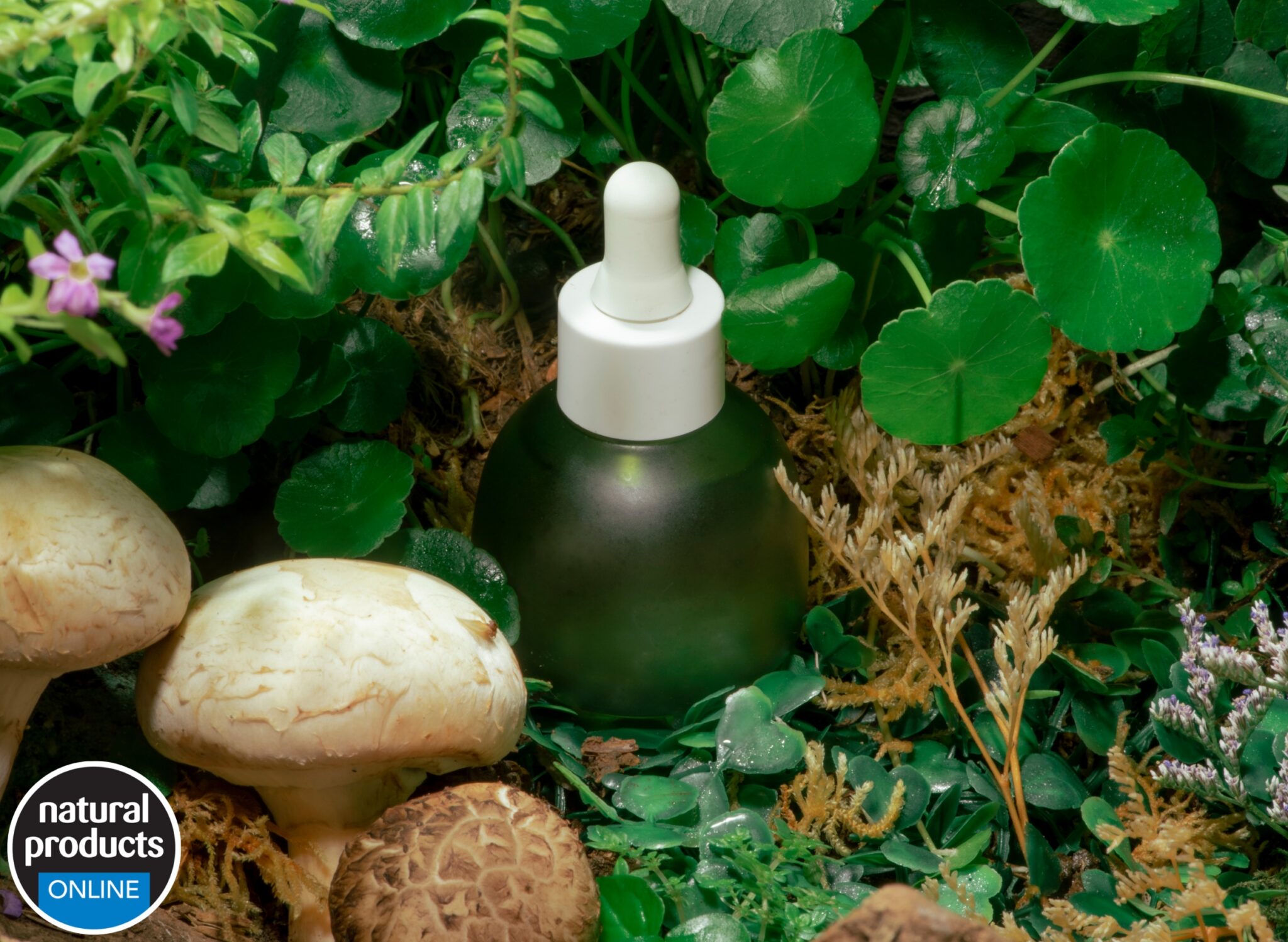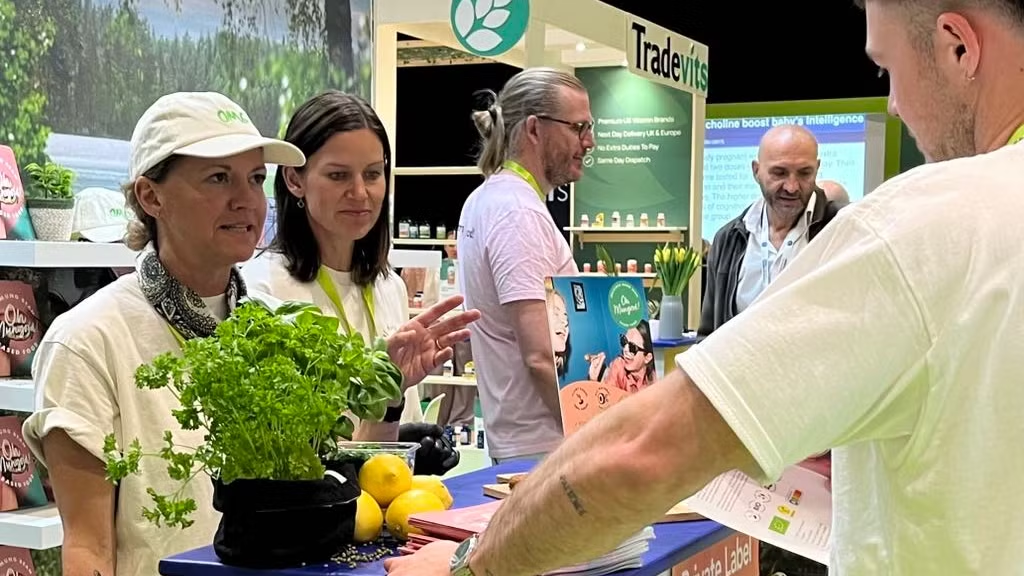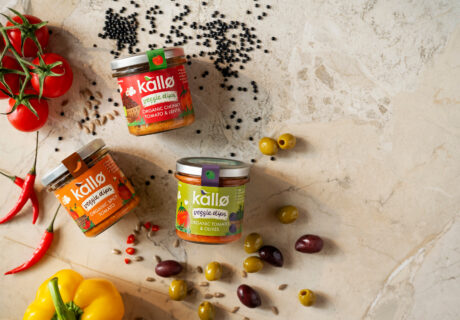A myriad of green ingredients is being created through new technologies in the personal care industry. Ecovia Intelligence finds that precision fermentation, plant cell technology, and artificial intelligence (AI) are having the most significant impact.
Precision fermentation is gaining popularity as it enables the sustainable production of high-value ingredients. It involves using genetically engineered microorganisms to produce specific compounds. California-based Geltor is using this technology to create vegan collagen, pre-designed proteins and polypeptides. Another Californian start-up, Debut Bio, has partnered with L’Oréal to develop over a dozen bio-based ingredients. It recently launched animal-free carmine—a red pigment traditionally derived from carminic acid, which is extracted from insects. Amyris is producing squalane (traditionally sourced from shark livers) from sugarcane, while Biosyntia is using the technology to produce biotin and vitamin extracts.
Ecovia Intelligence notes that the major sustainability benefit of precision fermentation lies in its ability to replace contentious ingredients. Palm oil, widely used in the personal care industry, is under scrutiny due to its link with deforestation. The Dutch start-up NoPalm Ingredients uses yeast strains to convert food industry waste streams into an oil with similar functionality to palm oil. C16 Biosciences launched its Palmless oil using similar technology in spring 2023. Another American start-up, Checkerspot, recently introduced a palm oil alternative produced via algae fermentation.
A number of ingredient suppliers are using plant cell technology to create natural extracts. The technology enables these ingredients to be produced in a laboratory without the need to harvest plants. Croda Beauty is a frontrunner since it acquired the Instituto di Ricerche Biotecnologiche (IRB) in 2012. It now supplies 15 active ingredients with anti-ageing, skin protection, and similar properties. Mibelle Biochemistry uses its PhytoCellTec platform to cultivate cells from rare or protected plants, such as the Uttwiler Spätlauber apple. Plant cell technology makes it possible to produce active ingredients that would otherwise not be possible in nature.
Artificial intelligence (AI) is expected to have the most impact. It is already influencing ingredient selection, product development, marketing, and customer experience. Numerous platforms are emerging to help brands select raw materials and develop formulations. The Californian start-up Potion AI aims to streamline beauty product development. In addition to sourcing ingredients, its platform helps companies benchmark cosmetic formulations. L’Oréal is leveraging IBM’s generative AI to identify renewable raw materials and develop sustainable products. BASF, Symrise, and Givaudan Beauty are also using AI to discover new cosmetic ingredients.
AI is also empowering brands to create personalized beauty treatments. Estonian company Haut.AI, a pioneer in this space since 2018, recently launched the Deep C.A.R.E. search engine, which provides skincare recommendations based on skin type and specific concerns. Beiersdorf, Ulta Beauty, and Grupo Boticário are among the beauty companies utilizing its AI solutions. PulpoAR is another company with an AI-powered platform for skin diagnostics and customized solutions. Such AI platforms can help reduce the environmental impact of beauty products by producing less waste.
New technologies are having a profound effect on the cosmetics industry. In terms of raw materials, they are accelerating the transition from petrochemical-based chemicals to bio-based materials. They are also enabling new ingredients to be produced without land. Freed from the limitations of harvesting and seasonality, producers gain greater control over supply and costs.
While the supply of green materials is increasing, demand still appears to lag. How can cosmetic brands be encouraged to adopt environmentally-friendly ingredients? How can formulators be motivated to switch to these green alternatives? And how can such ingredients be used to create truly innovative products?
Green materials will be featured at the Sustainable Cosmetics Summit. The North American edition will be hosted in New York on 5-6th June, whilst the European edition will take place in Paris on 22-23rd October.





